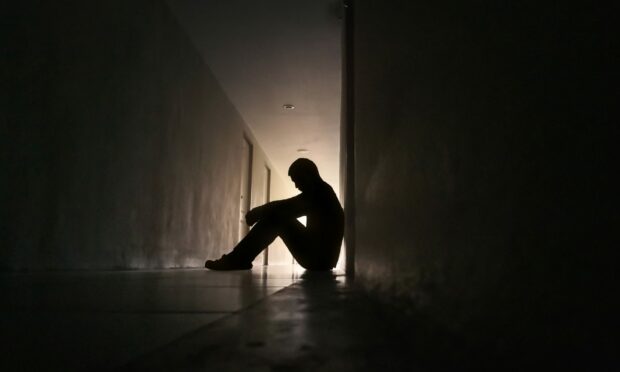The number of Grampian patients detained for emergency mental health care has reached its highest in a decade – with experts unsure exactly why.
At the same time, new figures from the Mental Welfare Commission (MWC) for Scotland show stats plummeting in the Highlands.
Nationally, the number of times people were so unwell they had to be detained rose more than 10% in 2020 – a rise twice as high than in previous years.
The MWC has said it is “concerned” about the increasing numbers, which suggest a “significant” increase on mental health pressures.
How many people were detained?
During 2020-21, a total of 6,699 episodes were logged across Scotland, where an individual was detained under the Mental Health Act.
There are a number of routes which can lead to this, but all must be issued with the backing of medical staff.
Just under half last year related to emergency detention certificates, which are used in crisis situations and can last up to 72 hours.
Exactly 50% were short-term stints, which can last up to 28 days, while the remaining 2% related to longer-term compulsory treatment orders.
Figures released by the MWC today show rates rose under all three of these categories over the last year.
Overall there was a 10.5% increase on the 6,064 episodes recorded in 2019-20.
Local surge in emergency detentions
The new stats show the number of emergency detentions issued in NHS Grampian have risen to their highest level in a decade.
There were 172 required last year – the equivalent of more than three per week, and a hike of almost 30% on 2019-20.
Across Scotland, the average increase was just over 11%.
At the same time, however, the figures in the Highlands have travelled in the opposite direction.
There were 91 required last year, the second-lowest of all mainland health boards, behind only the Borders.
‘We don’t know why this is, but we are concerned’
The chief executive of the Mental Welfare Commission, Julie Paterson, said the exact reasons for the increase in detentions is not yet clear.
“Every detention is the deprivation of a person’s liberty, albeit for the best possible reason in wishing to treat that individual,” she added.
“The question is whether more people in the population are becoming more seriously unwell every year, with last year’s spike even more pronounced.
“Or whether services are under such pressure that people wait too long, and only receive care and treatment once they have become so unwell they require to be detained.
“Whichever is the case, these rising numbers suggest that pressures on mental health services increased significantly last year.”
